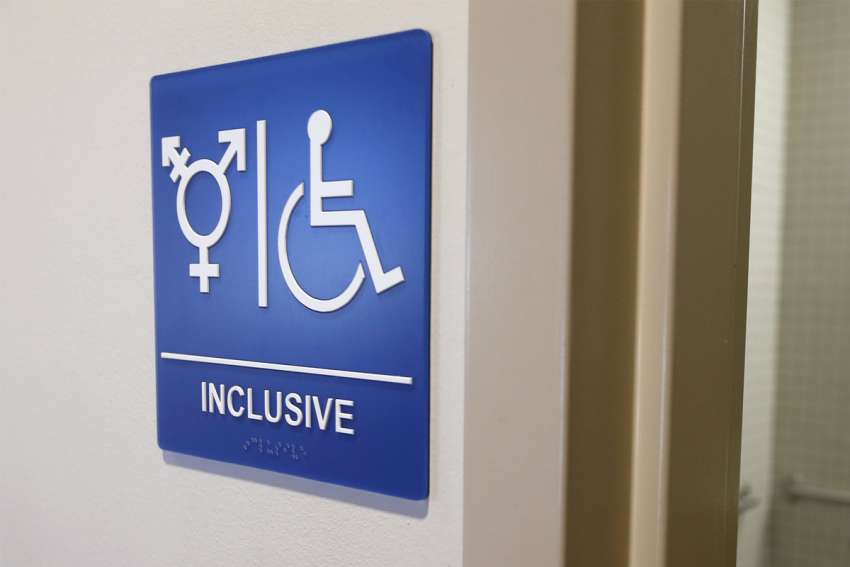It's a policy that already has many fuming, just days after the election, particularly since most people agreed with Policy 713, which outgoing Premier Blaine Higgs put in place to protect parental rights when it comes to students using preferred names and pronouns.
For now, the law of the land in the Atlantic province decrees that students aged 16 and over must complete a consultation process with school officials to secure the right to use their preferred name and pronoun. Under the current policy, teachers are not authorized to use a student under 16 years old’s preferred pronouns without securing parental consent.
Holt, who secured a 31-seat majority government in the Oct. 21 provincial election, said she intends to enact the gender-identity policy suggested by New Brunswick’s Child and Youth Advocate office, which says students should have the right to be addressed by their chosen name and pronouns starting in Grade 6 without parental consent. Younger students would have their requests evaluated on a case-by-case basis.
Amelia Willis, projects manager of the advocacy group Parents As First Educators (P.A.F.E.), said Holt’s approach to Policy 713 “fully intends to steamroll parents across New Brunswick.”
“If Holt gets her way, she will allow children as young as kindergarten to start a gender transition by changing their pronouns without parental consent,” said Willis. “They said it would be on a case-by-case basis. But at the end of the day, the government would be making that decision and not the parents. And this in and of itself is a pretty clear attack on parental rights, a clear attack on the family.”
Willis urges parents to continue raising their voices and making their MPs aware of their dissatisfaction.
When Higgs introduced changes to Policy 713, there was a huge media outcry, but a 2023 Angus Reid opinion poll has shown 67 per cent of Atlantic Canadians support such a policy, while overall 78 per cent of Canadians were in support.
The Canadian Civil Liberties Association (CCLA), which mounted legal challenges against Higgs’ modification to the original Policy 713, released in 2020, embraced the election of Holt.
Harini Sivalingam, equality director of the CCLA, said his association looks forward to working with the government to ensure “any new Policy 713 protects the rights and freedoms of trans and gender diverse students in New Brunswick.”
Some of Higgs' critics claimed changes to Policy 713 are why his party lost the election and why he was dislodged from his seat in the legislative assembly. However, an analysis released by Jack Fonseca, director of political operations for Campaign Life Coalition, showed polling data proved Higgs’ policy has majority support. Beyond the Angus Reid results, a Mainstreet Research poll released one month before the election revealed a 50-35 favourable split with 14 per cent undecided.
“For the majority of voters, solving the health-care crisis was the number one driving priority, and everything else, including the parental rights policy they agreed with, came a distant second,” asserted Fonseca. “And Susan Holt, not Blaine Higgs, is who they put their trust in to fix the health-care system.”
Though Higgs’ party was defeated in New Brunswick, Saskatchewan Premier Scott Moe, who introduced a similar parental rights policy, led his Saskatchewan Party to a fifth consecutive majority government on Oct. 28.
The final tally was still being assembled after The Catholic Register’s print deadline, but the Saskatchewan Party was leading the NDP in 35 of 61 ridings. It's a significant decline from the 48 the Saskatchewan Party netted in 2020, and the fewest won by the party since securing 28 in 2003.
Moe’s Parental Bill of Rights, introduced using the notwithstanding clause, prevents children under the age of 16 from changing their names or pronouns without parental consent. When introduced in October 2023, a Leger poll revealed 63 per cent of respondents support schools having to inform a child’s parents if they wish to be referred to by a different pronoun or gender. Just 22 per cent said no parental consent should be required.


